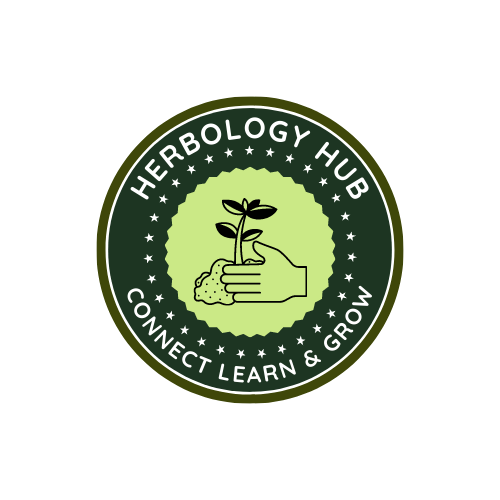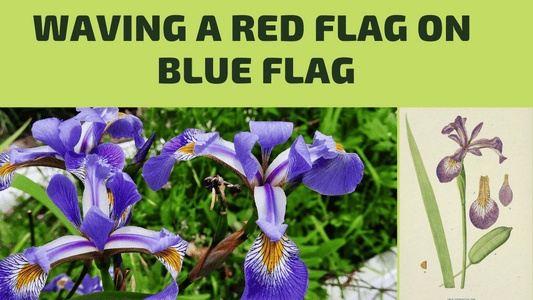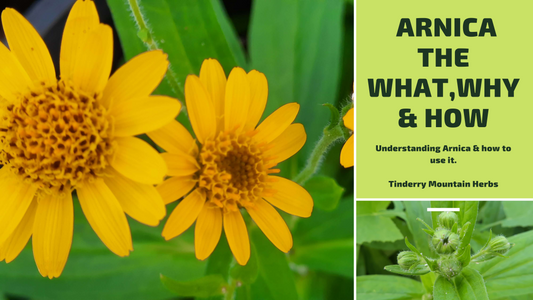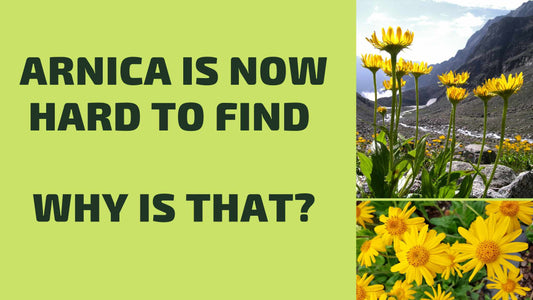But is that the right thing to do ?
Disease X needs remedy Y Really?
Its a very seductive way of thinking but separates us from the full benefit of medicinal herbs.
The modern pharmaceutical convenience model dominates our healthcare thinking.
Oh, you have disease X then you need Y product to solve/fix it. Buy it off the shelf and away you go.
You will see this in the statements – Hypericum for depression, ginkgo for flagging memory.
It’s based on reductionist thinking welded to modern consumerism.
That’s NEW School thinking
Reductionist thinking – this is the idea that a field of study or even something more specific can be broken down into smaller parts that can then be used to describe the idea as a whole again.
In herbs it comes across as – ‘there are active ingredients in plants and if we extract them, they are the most effective part and that is what we will work with’.
Implicitly saying the rest of the intricate plant chemistry of the plant is just there to hold the show together until someone extracts the vital active ingredient.
The underlying message in the reductionist view point discounts millions of years of evolution in plants to create these complex chemical assemblages. An evolution process that we shared in.
Empirical Thinking - Whole plant to the Whole person with thousands of years of usage and wisdom.
“Got a problem? buy something for it – a strategy that at its core is corrupt since it places you as a consumer in search of a product. Very New School.”
Quote – Michael Moore 2003




